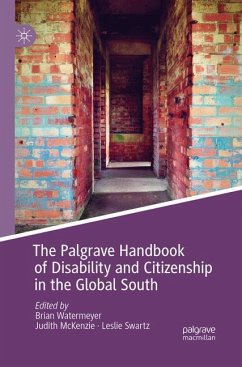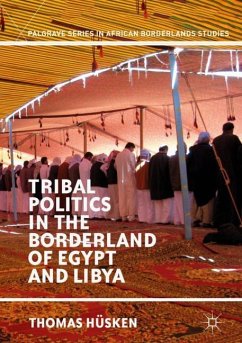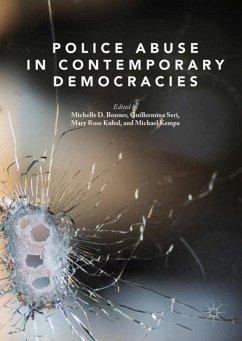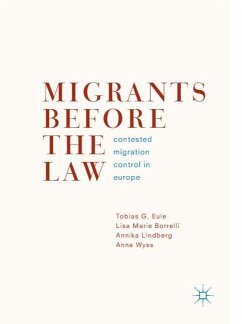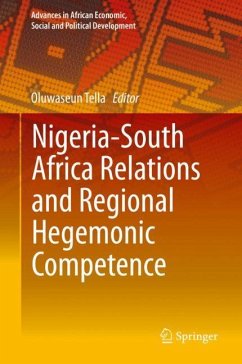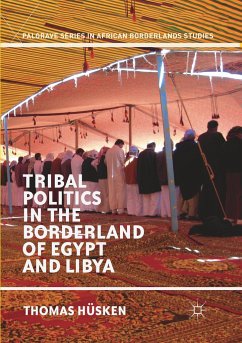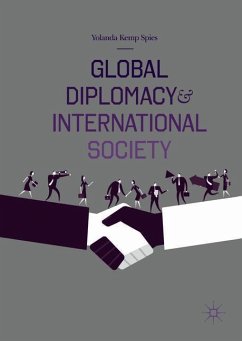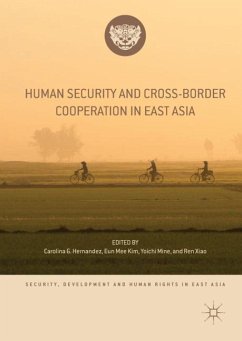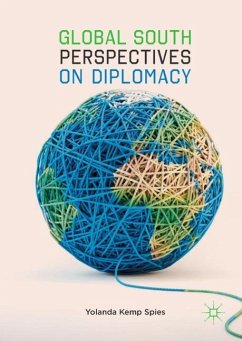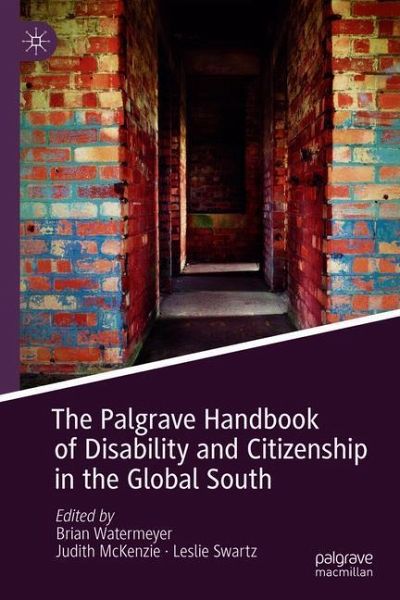
The Palgrave Handbook of Disability and Citizenship in the Global South

PAYBACK Punkte
106 °P sammeln!
This handbook questions, debates and subverts commonly held assumptions about disability and citizenship in the global postcolonial context. Discourses of citizenship and human rights, so elemental to strategies for addressing disability-based inequality in wealthier nations, have vastly different ramifications in societies of the Global South, where resources for development are limited, democratic processes may be uncertain, and access to education, health, transport and other key services cannot be taken for granted. In a broad range of areas relevant to disability equity and transformation...
This handbook questions, debates and subverts commonly held assumptions about disability and citizenship in the global postcolonial context. Discourses of citizenship and human rights, so elemental to strategies for addressing disability-based inequality in wealthier nations, have vastly different ramifications in societies of the Global South, where resources for development are limited, democratic processes may be uncertain, and access to education, health, transport and other key services cannot be taken for granted. In a broad range of areas relevant to disability equity and transformation, an eclectic group of contributors critically consider whether, when and how citizenship may be used as a lever of change in circumstances far removed from UN boardrooms in New York or Geneva. Debate is polyvocal, with voices from the South engaging with those from the North, disabled people with nondisabled, and activists and politicians intersecting with researchers and theoreticians. Along the way, accepted wisdoms on a host of issues in disability and international development are enriched and problematized. The volume explores what life for disabled people in low and middle income countries tells us about subjects such as identity and intersectionality, labour and the global market, family life and intimate relationships, migration, climate change, access to the digital world, participation in sport and the performing arts, and much else.



